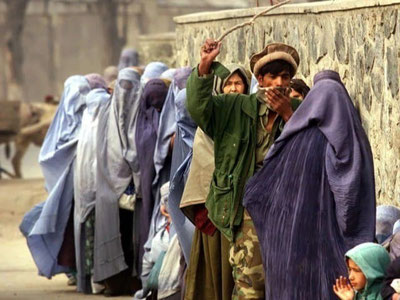The Israeli Ministry of Foreign Affairs had published condolences on several social networks regarding the death of Pope Francis. The obituary included a picture showing the Pope praying at the Wailing Wall in Jerusalem.
According to a report by The Jerusalem Post, the condolence message was removed from all social media pages of the Israeli Ministry of Foreign Affairs shortly after. A spokesperson for the Israeli MFA announced that the condolence was published by mistake here.
"The tweet and messages were published by mistake. We have responded during his lifetime to the Pope's statements against the war in Israel and the Gaza Strip, and do not wish to do so after his death," – explained the representative of the Jewish state.
The Israeli army had entered the Gaza Strip on October 7, 2023, in response to an attack by the HAMAS movement. Pope Francis had condemned Israel for the killing of nearly 50,000 women and children and the total destruction of the Gaza Strip. Among other things, he harshly criticized Israel for bombing schools in the Gaza Strip, leading to the death of innocent children.
The near-complete silence from Israel after the death of Pope Francis attracted special attention among the condolences sent from all over the world.
Besides a statement by President Isaac Herzog, who expressed condolences to the Catholic community, hoping "his memory inspires deeds filled with love and hope for humanity," Prime Minister Benjamin Netanyahu and Foreign Minister Gideon Saar made no comment on the Pope's death and did not post on social media.
Israeli officials did not hide the reason for this silence: it is directly related to the Pope's latest statements about the war in Israel and Gaza.
In the past year, Francis has said about the events in Gaza:
"This is not war. This is cruelty," he declared, accusing Israel of "bombing children and shooting them with automatic weapons." He also emphasized: "The events happening in Gaza bear the signs of genocide."
Meanwhile, several Israeli officials criticized this silence, noting that the Pope is not just a political figure.
"I think it was a mistake. We should not carry out a reckoning with someone after their death," said Rafael Schutz, former Ambassador of Israel to the Vatican, to The Jerusalem Post.
He emphasized that the Pope's words deserved strong criticism and that Israel should have responded diplomatically in a timely manner.
"However, now the matter concerns not just a state leader, but a spiritual leader for over a billion people – nearly 20 percent of humanity. I believe silence does not convey the right message to them," Schutz said.
The Pope's funeral is scheduled for Saturday, coinciding with the Jewish Sabbath. Considering his previous criticisms of Israel and the fact that the funeral falls on a Saturday, it is still unknown whether an official Israeli representative will be sent.
According to former Ambassador Schutz, Israel should still send a representative, and it would be feasible to do so.
"World leaders will participate in this funeral. If we do not participate, it will quickly become noticeable and may leave a negative impression of us. This is especially true during the current intensified sense of isolation amid the ongoing war, which could further exacerbate the situation. That would be regrettable."
Sources at the Ministry of Foreign Affairs told The Jerusalem Post reporter: "The tweets and posts were misplaced. We have responded to the Pope's statements about Israel and the war during his lifetime, and we will not do so after his death.
Abdulloh Sayyid






